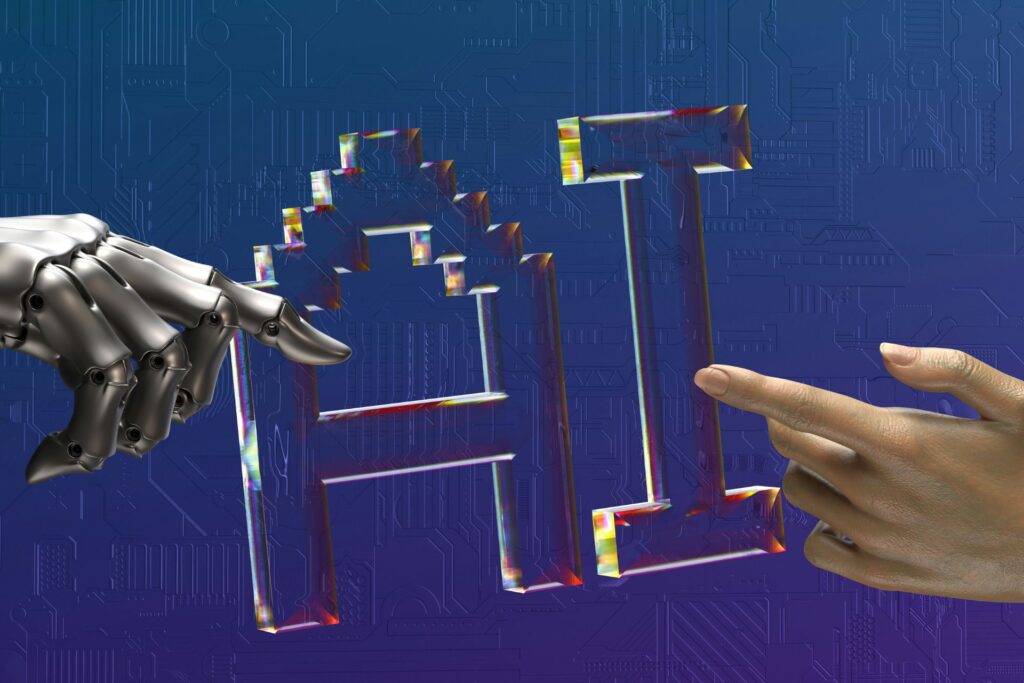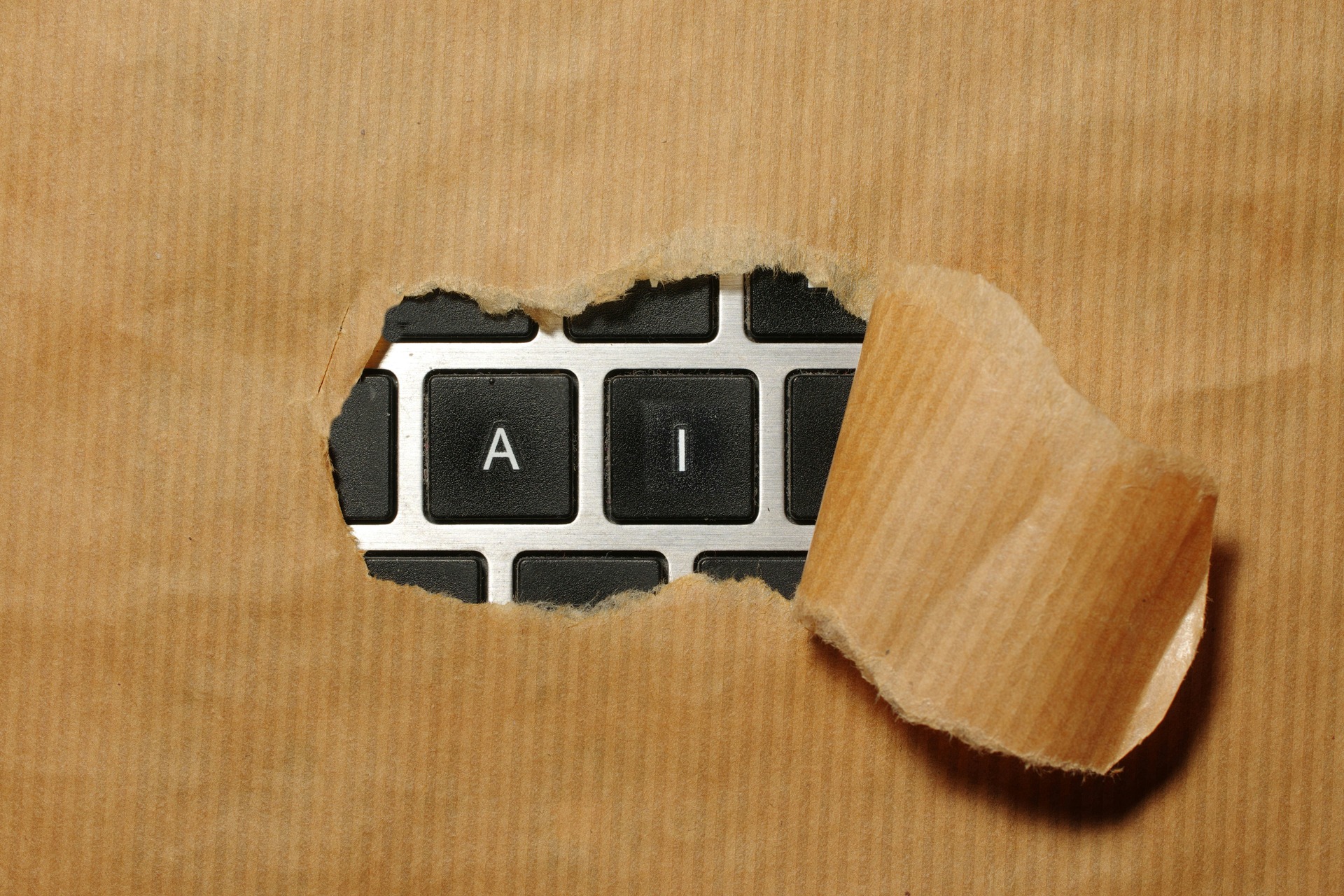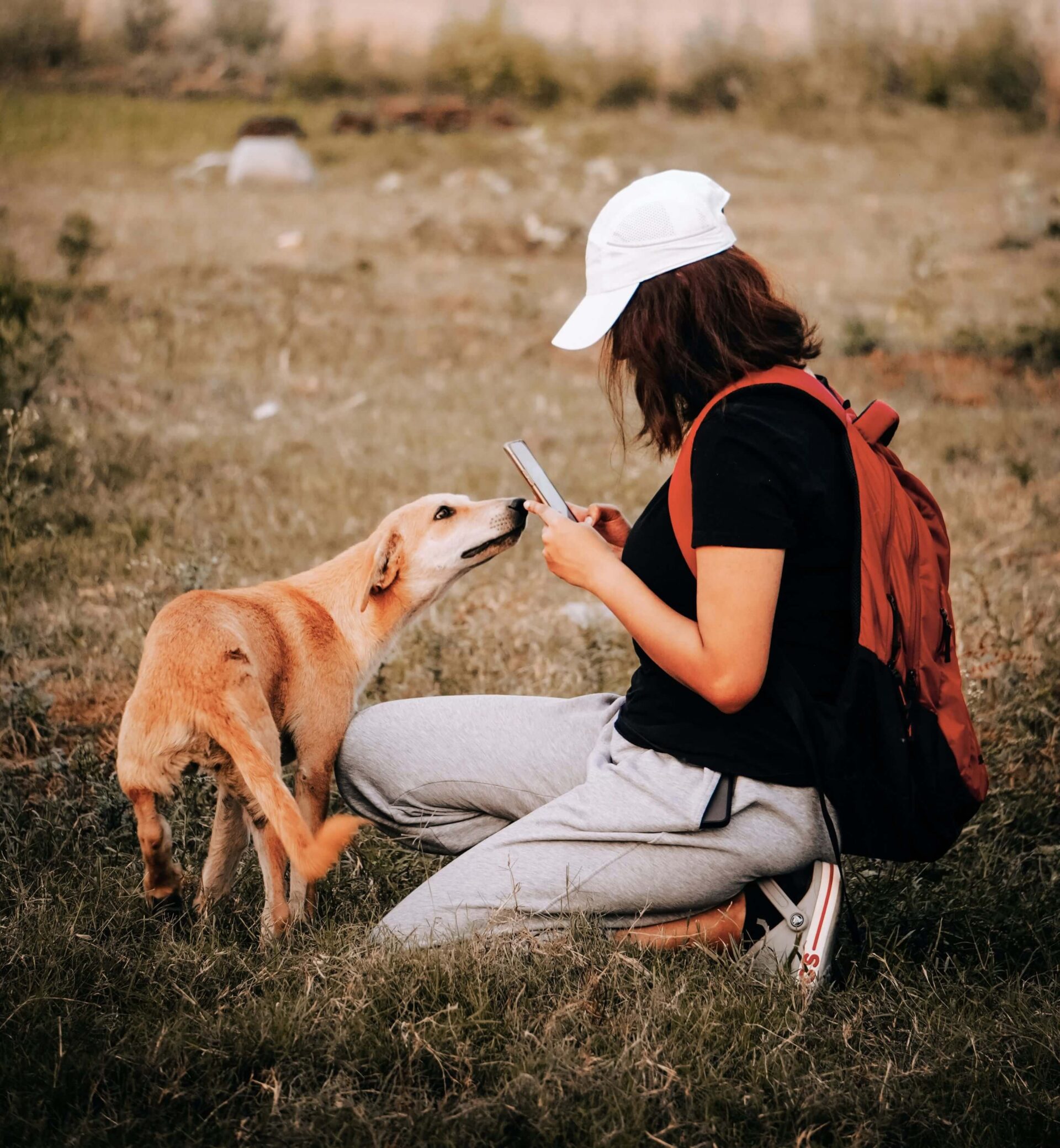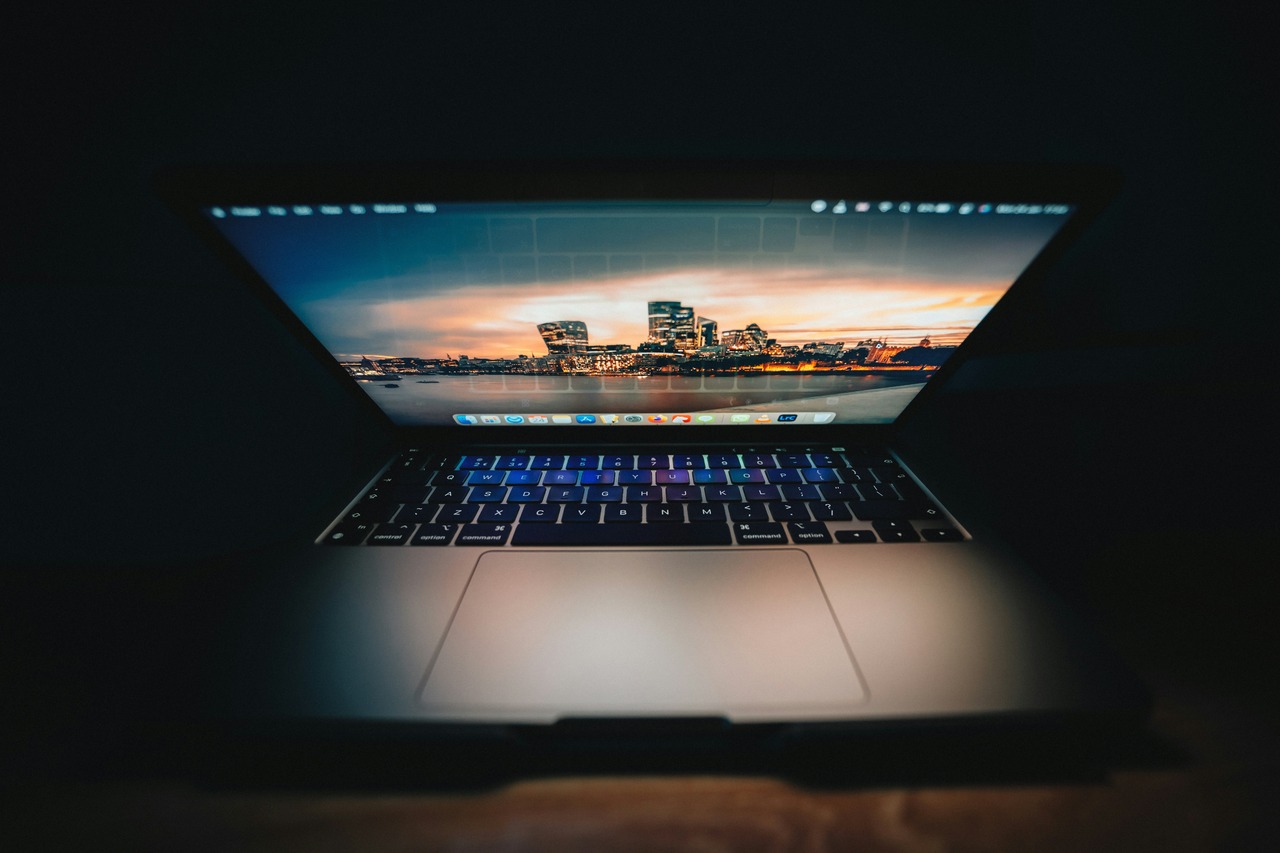Whether you love or despise AI-generated artwork, if you don’t at least try out the potential features of AI creation software, you may fall behind the curve of other artists in your niche. It’s much easier to take a stand and choose not to use it if you’re fully aware of its capabilities and how to navigate them. Midjourney’s new AI image editor is something many on the platform have been waiting for.
Benefits of Midjourney’s New AI Image Editor
Making something that matches your vision is thrilling for many amateur artists, gamers and tech enthusiasts. Small businesses, cover artists and photographers have even tapped into the power of AI-led design. For the professional version, you’ll pay between $10 and $120 per month for the program. Using the new image editor offers a few advantages.
- High image resolution – you want to use another software to fix pixelation issues
- Text-to-image generation
- More customization
- Run concurrent jobs
- Share and collaborate with other artists
Instead of battling with Midjourney with a ton of prompts and hoping it spits out what you need, you’ll get more accurate images based on your commands. They also added an online gallery and a community so users can learn from one another–around 20 million of them at the moment.
Like anything, there are some drawbacks to the new feature. There’s no free trial to see if it suits your needs. Video generations are still extremely limited, likely due to server storage capacity and rendering speeds. The learning curve can be brutal and you’ll have to be a self-learner for the most part.
Who Has Access to the New Editor?
It all sounds great to the artsy, tech-minded person, right? However, it is only rolled out to some customers at this time. Generally those who:
- Have annual memberships
- Subscribers for the past 12 consecutive months
- Have generated 10,000 images or more
There are likely many reasons they are rolling out the software in stages. First, they are almost certain to get hit with some copyright infringement lawsuits and backlash. Limiting users limits the scope of those accusations. The new generator also requires more server and storage power. Limiting numbers lets the company go through initial growth pangs without facing catastrophic cash flow issues.
Using Midjourney’s New AI Image Editor
If you meet all the criteria or want to see if you have access, start at the Midjourney website. Login with your account credentials. You’ll see a screen pop up welcoming you to the editor.
Start With an Image
Click on the prompt box at the top that says “What will you imagine?” and a drop box appears where you can choose a file to upload or drop. The example uploaded is the black and white public domain photo from the Library of Congress titled “The Birthday Cake” featuring two adorable kittens.
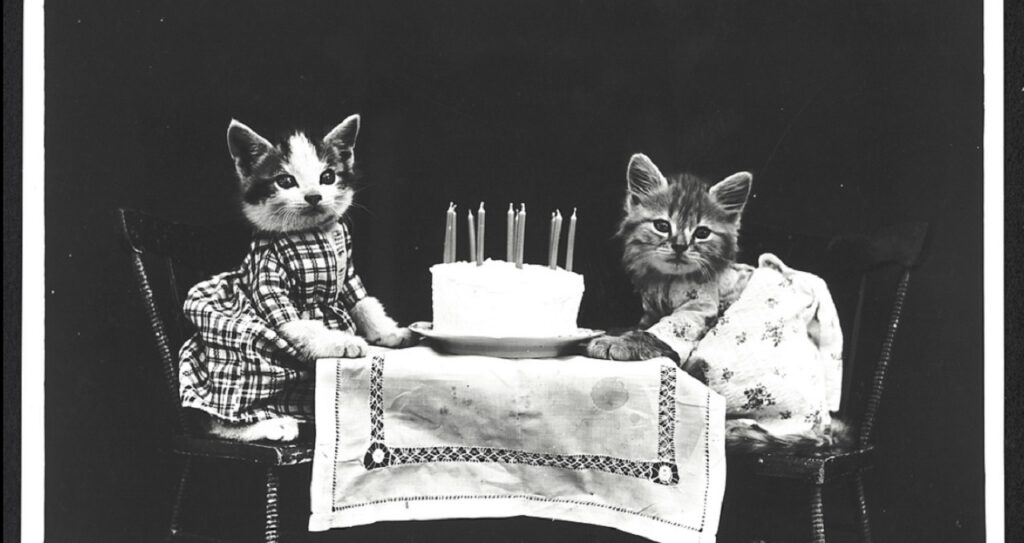
Once the image uploads, click on the tab on the left or on the photo that has the edit icon. The editor opens. If you’ve used Midjourney before, you’ll likely pick up the new editor quickly. It’s still wise to view some online videos and tutorials and pay attention to questions on the community boards.
Add or Erase Elements from the Original Photo
The tool is good for quick edits, such as removing a random person in the background or adding balloons. If you aren’t sure what you want to do and are just playing around, you can also click on “Suggest Prompt” for ideas.
To remove something:
- Click on the erase bar and click to erase areas.
- This step may take a bit of practice to get the selection just so.
- If you want to add something or create a new image for the erased area, you can add a prompt at any time.
Although videos are helpful, playing around with the tool is the best method to learn how it works. Most AI enthusiasts will be tech-savvy enough to figure it out with a bit of practice. Do watch for some of the infamous AI issues, such as extra limbs or weird eyes and hands.
To add something:
- Head to your Discord servers and make sure they are updated
- Select the area you want balloons or whatever to appear.
- Go into Remix mode.
- Enter your prompt.
You may have to refine selections a few times. Be patient as you learn the software.
Retexture
Probably the most exciting part of the new tool is the ability to retexture photos and make them look completely different. You can choose a new style, colors, and brush strokes with a prompt.
Notice a couple of things about the image above that you’ll want to watch for in your edits. The kitten on the left has slightly odd body proportions but could probably be overlooked. However, the writing on the tea towel is nonsensical. Either erase or replace it.
Here is another version with the prompt:
“A color airbrush painting with very light brush strokes of two kittens wearing hats, sitting at a table with a birthday cake, in the style of soft surreal painting. There are a few pops of color to modernize the design.”
The new version has many elements that differ, including being in color, losing dresses but adding hats and colorizing the candles on the cake. Coming up with the right prompts to get what you want is an artform in yourself, with entire classes on how to get there.
What Are People Saying About the New Midjourney AI Image Editor?
Midjourney is a part of the $66 billion generative AI market, with expected growth of 48% through the end of 2024 and beyond. Are people responding to the new tools as the company strives for future success?
Reviews are mixed. There are some people firmly in the camp of AI is theft. They point to the user’s ability to upload any photo, even if they didn’t photograph or create the original image. Artists and other creatives worry that many of the current AI tools used their original, copyrighted works without permission through a gray fair use law to train the bots and they received no compensation.
Others see the advantages of adding a quick edit to a unique photo they own the rights to, even if they licensed them and see it as no different than plugging stock images into Adobe Illustrator and making changes.
What Is the Future of Midjourney AI Image Editor?
A copyright infringement case brought by visual artists against several AI tech companies for using their work to train their computers without first getting their express written consent. They won the first phase of the lawsuit and are waiting for discovery.
The outcome of the case could change the way people use Midjourney AI Image Editor and other tools in the future. What are your thoughts? Are Midjourney and other AI generators here to stay or will lost lawsuits and copyright infringements eventually take them down? In the meantime, those who love technological advances may want to check out the capabilities and see for themselves.
Recent Stories
Follow Us On
Get the latest tech stories and news in seconds!
Sign up for our newsletter below to receive updates about technology trends

